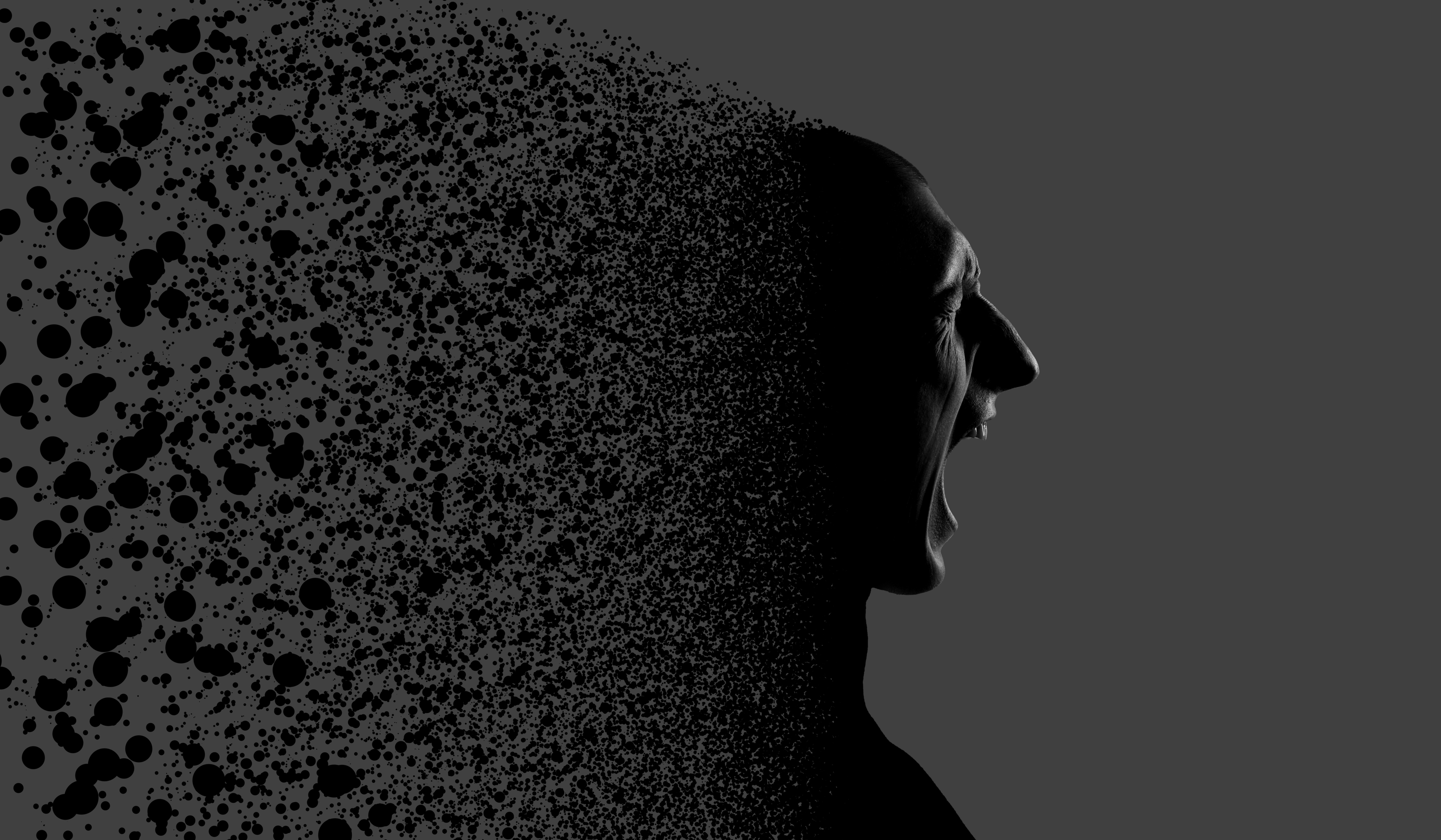There is an important situation that every paranormal investigator will have to deal with at some point in their work with residential cases. That is the case where it is clear the client has psychological issues to work through. In our process of accepting cases, we do ask potential clients to disclose whether or not they’re on medication. This is because certain medications can cause hallucinations, sleep disturbances, and more. Of course, this can create a sticky situation for the paranormal investigator. It has been my experience, and the experience of colleagues, that if a client is dealing with psychological issues, it can make any sort of resolution near impossible. Why? It is nearly impossible to figure out whether the phenomenon the client is experience is external or internal, meaning it’s all in their mind. If it’s the latter, then there isn’t much you can do for them.
Usually, when a client tells us that they are taking medication, especially an anti-psychotic, and have been diagnosed with a condition, we back off. This is for liability reasons and we don’t want to make things worse for the client with potential validation. These days, just walking through the door can give the client validation, and that puts us at risk. There can be instability in the client, which could lead to them not taking their medication anymore and no longer following their doctor’s orders because they think their condition is paranormal. To me, spending a night in a potentially haunted location isn’t worth it if it means that a client could harm themselves due to faux validation. Also, in my experience, working with a client who refuses to believe that they’re experiences are paranormal instead of psychological is like walking in circles. Any remedy you try, whether it’s a house blessing, cleansing, deliverance, etc. it will not work. Eventually, you have to walk away. But you can prevent getting into this situation with these tips.
- Make sure you have a form on your website that asks about psychological conditions, medications, and police visits.
- Have one or more investigators on your team who have a background in mental health. While they won’t be able to treat the client, they can give you valuable input.
- YOU CANNOT GIVE A DIAGNOSIS! This is the quickest route to a lawsuit. If you feel a client has psychological issues instead of paranormal, and you need to drop the case, you can still be honest. Tell them that you are not able to help them because it is beyond your expertise.
- If you see different pill bottles of various medications in the home, ask what they are for. If the client hadn’t disclosed their medication and condition to you, it is time to leave as soon as you can.
- If you have a client that is demanding an exorcism because they feel what they’re encountering is demonic and not related to their mental health, calmly tell them that they will have to go through a mental and physical evaluation per the Roman Catholic Church. It’s all true anyway. Plus, most investigation teams do not conduct any kind of exorcism and will usually network to local clergy or religious authority. Then that new contact ends up declining their service to the client because it’s psychological, and moving forward is too much of a liability.
- You must be honest with the client. If they are hearing someone walking behind them, and you find out that it’s the floorboard, you have to tell them. This is standard practice for any residential case.
- Involve the client’s family members and friends. They will usually be honest with you on the client’s conditions, and again, with honesty, they will tell you the best way to decline further work in the case. Or, they will take the reins and decline the case themselves on their loved one’s behalf.
If you are a client who is dealing with issues with your mental health, and you are having encounters that you believe are paranormal, we are so sorry you’re having to go through this. If you feel that your condition is paranormal, still have a conversation with your doctor. If you’re taking medication, know the side effects of your medication. If you still decide to involve a paranormal investigator, be honest with them.
But, what if it’s both?
If it’s both, which we have experienced before, we will still decline the investigation. In the paranormal world, we can never be 100% sure if something truly is a paranormal phenomenon or explainable. That is too much of a liability for the team as well as the client’s safety.
Agree? Disagree? Tell us in the comments!

